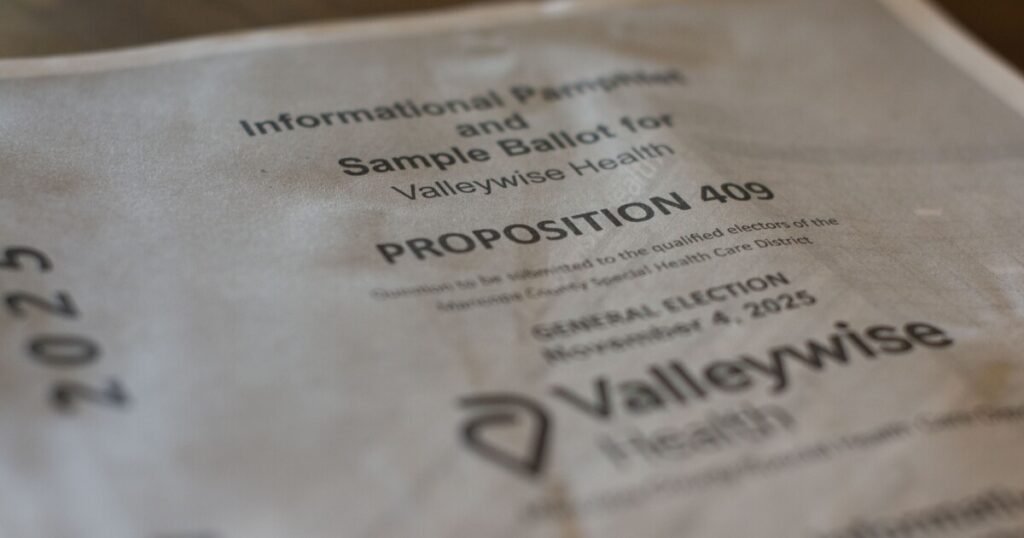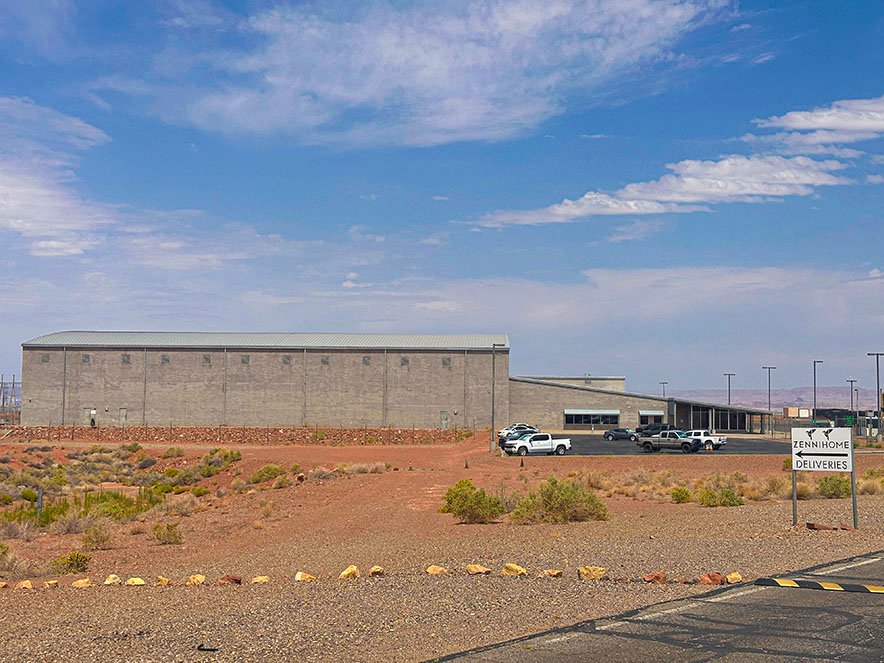Gina Amoroso’s Journey Through Addiction
Gina Amoroso looks back at her twenties, overwhelmed by her struggles with heroin and methamphetamine. “I felt completely lost,” she shares. “There was no sense of time, or even what day it was. Everything just sort of merged together.” This difficult period led her to a life of homelessness, sleeping in sheds and on streets.
Reflecting on this time, she recalls some of her reckless behavior. “I was using drugs, biking around with knives in my backpack, doing things that were really out there. I felt like the government was after me, and strangely, I thought that was just normal. I didn’t see myself as a danger to anyone else,” she admits.
Worried for their daughter, her parents approached the Maricopa County Superior Court, requesting that Gina receive a mandatory mental health evaluation and treatment.
Eventually, Amoroso took part in a program at Valleywise Health. Although she was reluctant at first, she later recognized it as a crucial step toward healing. Valleywise Health, the only facility in Maricopa County that offers court-ordered mental health evaluations, is now a focal point in a community discussion as residents prepare to vote on whether to support increased property taxes for the system.
Proponents of Proposition 409 argue that this general obligation bond could significantly enhance access to mental health care in the area. “We often care for those with the most severe mental health issues,” says Dr. Michael White, who leads the clinical team at Valleywise. He emphasizes that as a publicly funded safety-net hospital, Valleywise will accept all patients, regardless of their ability to pay.
Covering over a dozen facilities, including emergency rooms and behavioral health centers, Valleywise is looking to secure $898 million to enhance its emergency services, train new medical staff, and refurbish some neighborhood clinics.
Dr. White particularly stresses the urgent need for improvements to the declining behavioral health center in downtown Phoenix. The facility, which is almost 50 years old, sometimes compacts mentally ill patients into rooms with multiple occupants.
About one-quarter of the funds from Proposition 409 is intended for replacing these outdated facilities, enabling them to serve double the number of patients. Dr. White expresses concern over how Valleywise will address the mounting need for mental health evaluations and treatment for vulnerable adults without adequate facilities. “Patients might end up waiting in emergency rooms due to a lack of available beds,” he comments, adding that this could destabilize the entire healthcare system.
This isn’t the first time Valleywise has sought voter approval for funding; a previous bond in 2014 gained 63% approval. Despite extensive renovations since then, demand for inpatient services, especially in behavioral health, has surged, with approximately 10,000 behavioral patients seen annually, many facing long wait times.
According to a recent report from Mental Health America, Arizona struggles with one of the highest rates of mental illness and the least treatment capacity. Will Humble, head of the Arizona Public Health Association, describes the situation with alarming urgency: “The behavioral health crisis has been dire for a long time,” he states. He underscores how inadequate treatment options contribute to rising homelessness in the area.
More than 80 Arizonans, spanning political lines from former Republican governors to Democratic senators, have voiced their support for Proposition 409. Yet, with an off-year election approaching, engaging voters is crucial. Political strategist Stacey Pearson points out that bond proposals can sometimes baffle voters, potentially leading to a “no” vote when they misunderstand the issue, which adds to the hurdles the campaign faces.
If approved, the proposal would initially provide Valleywise Health with $898 million, which would be repaid by Maricopa County residents over 30 years, totaling nearly $1.4 billion, including interest. Property owners would pay about 11 cents for every $100 of their home’s limited assessed value. Some estimates suggest homeowners may see an annual increase of approximately $29 in property taxes.
People in Maricopa County may recognize the critical need for additional psychiatric care, as noted by Pearson. “The homeless issue is visible everywhere in Phoenix,” she observes, which might motivate voters to approve the proposition.
Amoroso herself understands the importance of comprehensive mental health support systems. After several challenging years, she found recovery through Valleywise’s program. Today, she’s healthy, living at home, and a mother of four. As a peer support specialist, she now helps others in similar situations. “I’ve witnessed incredible transformations within many of our clients,” she says. “There are countless individuals who were once so unwell they couldn’t communicate, and now they’re working hard, going to school, and living independently. The program genuinely works, and I just wish it could reach more people.”







